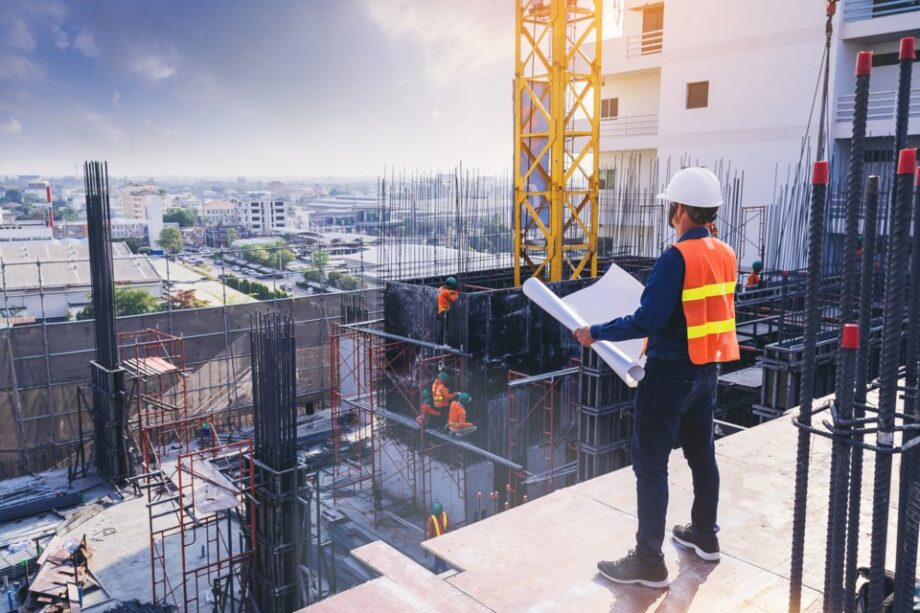LMIA for Construction Companies

LMIA for Construction Companies
A Labour Market Impact Assessment (LMIA) is a crucial step for construction companies in Canada that wish to hire foreign workers. This process involves a comprehensive examination of the potential impact on the Canadian labor market before a company is granted permission to hire workers from outside the country. In this document, we will delve into the LMIA process for construction companies, exploring its significance, key components, and the steps involved.
1. Introduction to LMIA for Construction Companies
The Labour Market Impact Assessment is a mechanism employed by the Canadian government to ensure that the employment of foreign workers does not negatively affect the domestic labor market. In the construction industry, where there is often a demand for skilled labor, construction companies may need to seek LMIA approval when facing difficulties in filling positions with local talent.
2. Significance of LMIA for Construction Companies
Construction companies may encounter challenges in finding qualified workers, leading them to consider hiring foreign workers. The LMIA process is designed to strike a balance between addressing labor shortages and safeguarding job opportunities for Canadian citizens and permanent residents. It ensures that hiring foreign workers is a last resort, and that efforts have been made to hire locally.
3. Key Components of LMIA
- Job Advertisement: Before applying for an LMIA, construction companies must advertise the job locally. This demonstrates an effort to hire Canadian workers first. The advertisements must meet specific requirements, such as being posted for a set duration and in widely accessible platforms.
- Labour Market Research: Construction companies must conduct a thorough labor market analysis to showcase the need for foreign workers. This includes demonstrating that there are no qualified Canadians available to fill the positions and that the hiring of foreign workers will not negatively impact wages and working conditions in the industry.
- Wage Requirements: The company must offer wages that align with the prevailing wage rates for the occupation in the specific region. This is to ensure that the employment of foreign workers does not lead to a decrease in overall wage levels.
- Recruitment Efforts: Construction companies are expected to provide evidence of their efforts to recruit locally, such as records of interviews with Canadian applicants and explanations for not hiring them.
- Transition Plans: Companies may be required to submit a transition plan outlining how they intend to reduce their reliance on foreign workers over time and increase their efforts to hire Canadians.

4. Steps Involved in the LMIA Process for Construction Companies
- Preparation: Construction companies must gather all necessary documentation, including job descriptions, recruitment efforts, and proof of advertising, before starting the LMIA application process.
- Submission of Application: The company submits the LMIA application to Employment and Social Development Canada (ESDC). The application must include details about the company, the position being filled, and the steps taken to recruit locally.
- Assessment by ESDC: ESDC reviews the application, considering factors such as the company's efforts to hire Canadians, the impact on the labor market, and the wage being offered. They may request additional information during this stage.
- Advertising Requirements: Construction companies must provide evidence of having met the advertising requirements. This includes details of where and for how long the job was advertised, as well as copies of advertisements.
- Issuance of LMIA: If ESDC is satisfied with the application, they issue a positive LMIA. This indicates that hiring a foreign worker for the specified position is justifiable.
- Foreign Worker Application: Once the company receives a positive LMIA, the foreign worker can use it to apply for a work permit from Immigration, Refugees and Citizenship Canada (IRCC).
 5. Challenges and Considerations for Construction Companies
5. Challenges and Considerations for Construction Companies
- Stringent Requirements: The LMIA process has stringent requirements, and construction companies must be meticulous in fulfilling them to increase the likelihood of a positive outcome.
- Time-Consuming Process: The LMIA process can be time-consuming, and construction companies may experience delays in obtaining the necessary approvals.
- Transition Plans: Companies must be prepared to develop and implement transition plans to reduce reliance on foreign workers over time.
6. Conclusion
In conclusion, the LMIA process is a critical aspect for construction companies seeking to hire foreign workers in Canada. By understanding the key components and following the necessary steps, construction companies can navigate this process successfully, ensuring that their hiring practices align with the goals of supporting the Canadian labor market while addressing their specific workforce needs. Adhering to the requirements and demonstrating a genuine commitment to local hiring are essential for a positive LMIA outcome in the construction industry.
In case, if you need assistance for LMIA application for construction or other companies for your current or future foreign employees, please fill in application below or contact us directly.

